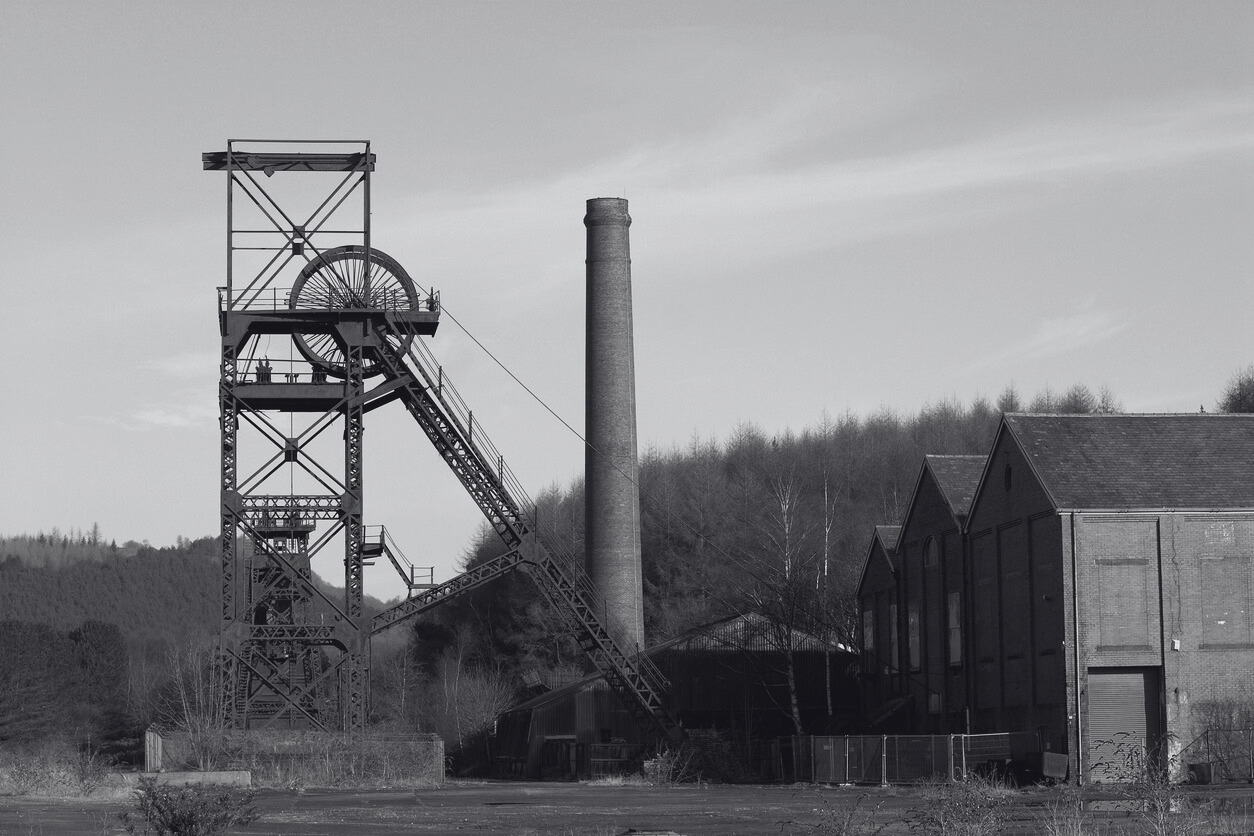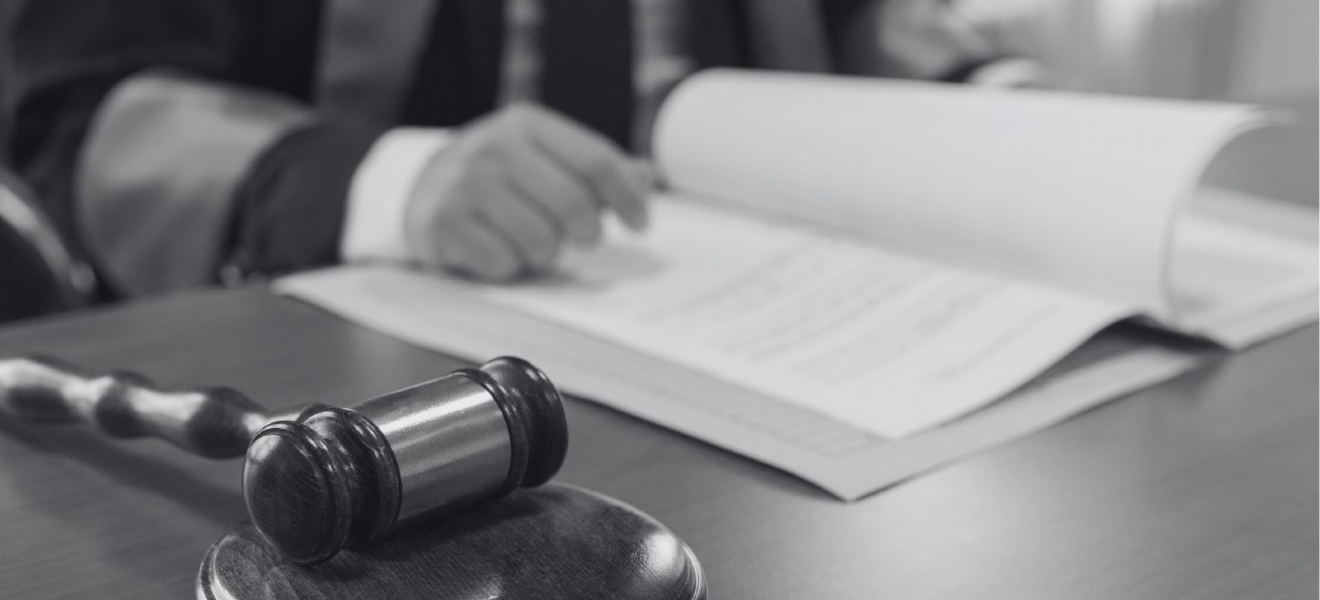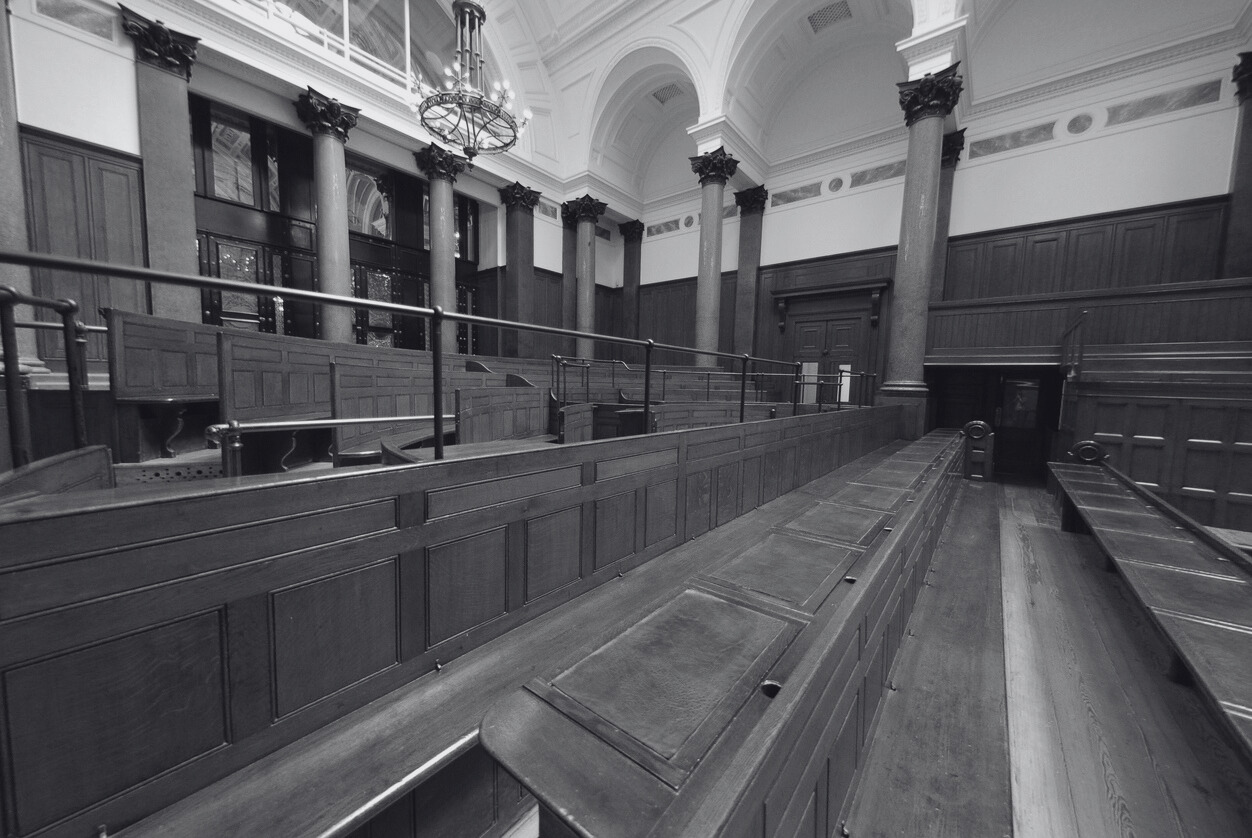On 21 July 2025, the Government announced plans for a statutory public inquiry into the Battle of Orgreave, a violent clash that took place between striking miners and police forces in Rotherham, South Yorkshire, on 18 June 1984.
Legal Director Natasha Davis considers what the next steps might be, who is likely to be involved, and the role inquiries play in addressing difficult chapters in our national history.
The History Behind the Battle of Orgreave
The confrontation between thousands of picketing miners and huge numbers of police outside a coking plant in Orgreave in the summer of 1984 led to 120 injuries and 95 arrests. The event itself and the controversies surrounding the handling of its aftermath were felt deeply across northern coalmining communities and beyond. In particular, the prosecutions brought against 95 miners, which collapsed amidst allegations of fabricated evidence, left a legacy of distrust in policing. Four decades on, the Labour Party has announced a statutory public inquiry into those events, something it committed to in its 2024 general election manifesto. The inquiry is set to start this coming autumn.
What Do Public Inquiries Do?
The fundamental purpose of a public inquiry is to establish the truth about a set of events of national concern or significance. In broad terms, public inquiries seek to discover what happened, why it happened, who was responsible, and to recommend steps that should be taken to ensure that history does not repeat itself. In terms of institutional accountability, the Government and Police authorities will be conscious of the role any ensuing report on the Battle of Orgreave could play in helping to restore confidence in policing over the long term among the affected communities. For those miners charged with riot and violent disorder, the inquiry represents an opportunity to have their voice heard.
Public inquiries can be established with either statutory or non-statutory status. Statutory public inquires (e.g. Grenfell, Covid-19, Leveson) are predominantly convened by Government ministers under the Inquiries Act 2005 and have the legal power to compel individuals and organisations to give evidence under oath. In contrast, non-statutory inquiries (e.g. Chilcot, Angiolini) provide a greater degree of procedural flexibility which can make it easier to hear sensitive evidence privately or collaborate with core participants such as the military or intelligence services. Both types of inquiry are run independently of the Government.
Who Will Be Involved?
The minister who initiates the inquiry appoints an inquiry chair. In this case the Rt Revd Dr Pete Wilcox, Bishop of Sheffield, has been appointed by Home Secretary Yvette Cooper. Interestingly, Dr Wilcox will be the only chair of a current inquiry who is not a current or former lawyer or judge. Though, this is not the first time a Chair has come from a non-legal background as the Rt Rev James Jones KBE was Chair of the Hillsborough Independent Panel.
Dr Wilcox will lead a panel of relevant experts who will hear from a number of “core participants” – people or organisations who play a key role in the inquiry and who are entitled to make opening and closing statements at hearings, ask questions of witnesses (with permission from the Chair), see relevant evidence and review a draft report produced prior to its publication. As well as those entitlements, those applying for core participant status can expect an increased level of public scrutiny about their involvement in the events considered by the inquiry. The core participants for the Orgreave inquiry have not yet been named but are likely to include, amongst others, the Orgreave Truth and Justice Campaign, the National Union of Mineworkers, South Yorkshire police and possibly senior individuals within the police.
What Will the Next Steps Be?
The Inquiries Act 2005 and the Inquiry Rules 2006 allow some discretion as to how public inquiries operate, provided that they do so within their terms of reference. A crucial first step will be for Dr Wilcox to set those terms. The terms of reference will identify the key questions that the inquiry should address, stipulate the information the government wants to obtain, and provide a rough timeline for the publication of any report. Given the persistent strength of feeling about the Battle of Orgreave, it is possible the development of the terms of reference will involve a level of public consultation or engagement with core participants.
Once published, the next steps for the inquiry will be to secure relevant documentary evidence, identify witnesses, obtain witness statements, and set a timetable for hearings. This sounds straightforward, but in our experience, the collation and analysis of evidence is a time consuming and difficult task. Given the time which has passed, document retention will be an issue as will the recollection of historic memory.
Sensitivities and Issues
It has been over 40 years since events took place, so inevitably some of those involved will be unable to participate in the inquiry. Peter Wright, for example, who was Chief Constable of the South Yorkshire Police from 1983-1990 died in 2011. Indeed, the fact that key figures have either died or subsequently moved on from their positions within the police force was one of the principal reasons the Conservative government ruled out an inquiry into the Battle of Orgreave in 2016.
As regards to evidence, the inquiry will have the power to request documents that have remained classified on grounds of national security, including the police operational plan for 18 June 1984, which has never been made public. Furthermore, the inquiry will likely want to get to the bottom of recent revelations that documents related to events at Orgreave were destroyed by Northumbria Police in 2024. In its ambition to establish the truth, the inquiry may well uncover institutional failings, corruption and criminality.
What Role Do Lawyers Play in Inquiries?
Legal teams are involved in all stages of a public inquiry. Dr Wilcox will appoint a solicitor to the inquiry who will play a key role in the development of the terms of reference, amassing and assessing evidence, taking statements from witnesses, coordinating the hearings and drafting the final report.
Dr Wilcox and his panel will also be advised by counsel to the inquiry. This role is typically filled by a senior barrister, supported by a team of juniors. Their remit is to check that the panel operates within the terms of reference and to question witnesses who provide oral evidence at inquiry hearings. Counsel to the inquiry will be responsible for asking questions of witnesses at the hearings. The hearings’ focus are to be fact-finding investigations, not adversarial. Though, somewhat understandably, there will no doubt be a strength of feeling in the hearing room.
Core participants and key witnesses may also instruct their own legal teams to advise them of their rights and obligations throughout.
What We Do and How We Can Help
The Inquiries team at Broadfield is led by Partner Sinéad Lester and Legal Director Natsha Davis. The team has significant experience of all aspects of public inquiries, both statutory and non-statutory, including acting for core participants and witnesses. Recent inquiries the team has been instructed on include the Covid-19 Inquiry and the Post Office Horizon IT Inquiry. If you are involved in an inquiry in any capacity and wish to speak to a member of the team, please contact us.








